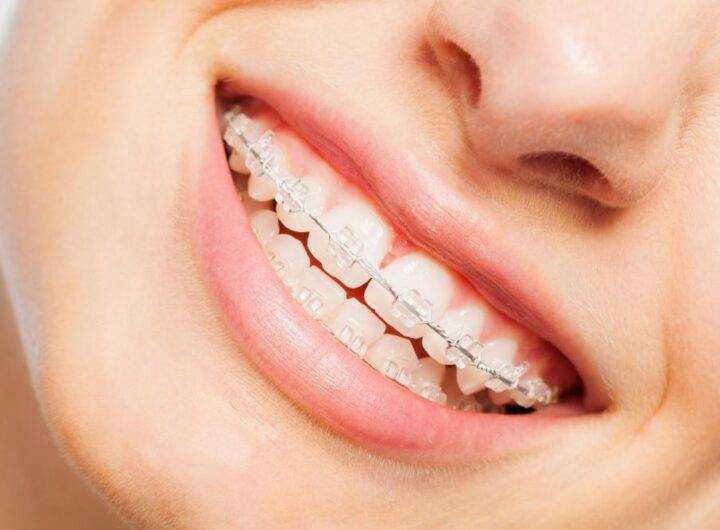
Hormone therapy for women is often prescribed when a woman experiences menopause. This is the end of her primary menstrual cycle. The treatment will be given to help relieve symptoms of menopause such as hot flashes, night sweats and depression. As women age they may also experience osteoporosis and other medical conditions that affect their bone density. Hormone therapy is used as a means of helping to relieve these problems. However, hormone therapy has some serious side effects that must be considered before beginning this treatment.
Because some women become very sensitive to testosterone when they go through menopause, hormone therapy for women is sometimes recommended. Testosterone is the hormone that causes the development of breasts in women. Once, menopause sets in, the body stops producing estrogen. This is not the only hormone that causes the development of breasts, so women with this type of condition may also need to take hormone supplements. Unfortunately, these supplements cannot be used after menopause because it would interfere with the absorption of the other hormones.
Many people view HRT as a natural alternative to taking hormone replacement therapy. However, studies have shown that hormone therapy for women does not always result in positive results. Sometimes the increased risk of heart attacks, strokes, blood clots and high cholesterol is higher than with hormone replacement therapy. In addition, some studies show that there is a link between hormone therapy and breast cancer.
Hormone therapy for women can be very beneficial. If you are experiencing symptoms of menopause, speak to your doctor about a possible hormone therapy program. This can help you prevent other serious conditions and ailments that you could otherwise contract as a result of menopause. It may even help you get back into shape if you are active during the menopause years.
Possible Side effects
There are also some common side effects of hormone therapy for women. Some of these are vaginal dryness, thickened vagina, night sweats, hot flashes and acne. Because these side effects can be mild or severe, women should discuss them openly with their doctor before beginning a course of treatment. Common side effects occur from the increased levels of the hormone estrogen. Increased levels of estrogen may lead to thinning of the cervix, changes in the menstrual cycle, headaches and breast tenderness.
Some of the common side effects of hormone therapy for women are breast tenderness, weight gain, acne, irregular heartbeats, mood swings, decreased libido, and rashes. Women who undergo this form of therapy must also watch their diets and exercise regularly. It can be very difficult to maintain a healthy diet while living with this condition, since the hormones from HRT can have an overall negative effect on a woman’s body. Weight gain is most common during the first year of hormone therapy.

 CBD and Muscle Growth
CBD and Muscle Growth  How to Deal with Candida Overgrowth
How to Deal with Candida Overgrowth  Vitamin B12 Delivered: Exploring Trusted Online Sources in the UK
Vitamin B12 Delivered: Exploring Trusted Online Sources in the UK  Los Angeles Hospice Care Caring for Your Loved Ones
Los Angeles Hospice Care Caring for Your Loved Ones  Compassionate Hospice Care in Los Angeles Your Supportive Partner
Compassionate Hospice Care in Los Angeles Your Supportive Partner  The use of automated external defibrillators in the workplace
The use of automated external defibrillators in the workplace